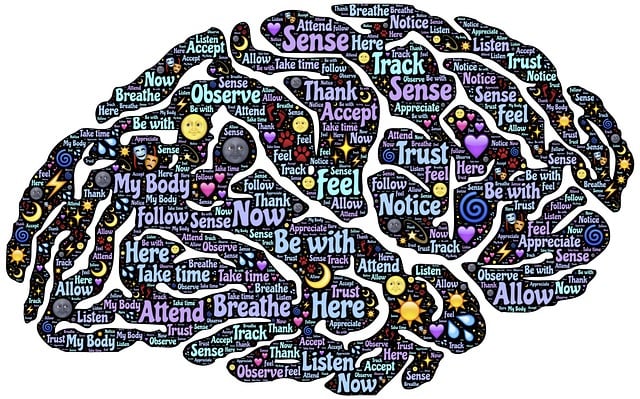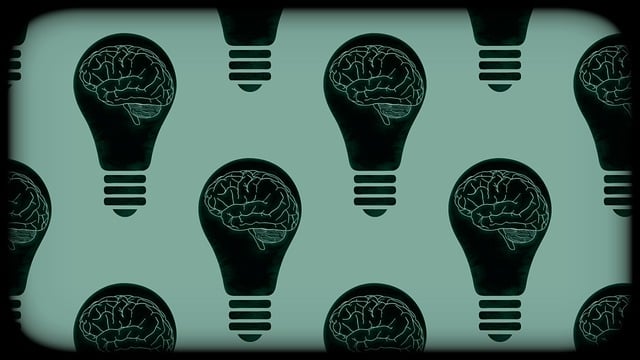Crisis Intervention Teams (CITs), led by experts like Wheat Ridge Gender Identity Therapy, are essential in addressing mental health crises, especially gender identity issues. Through comprehensive training that includes role-playing and scenario simulations, these teams learn de-escalation techniques and culturally sensitive support. Public awareness and self-awareness exercises enhance understanding and empathy, fostering safer communities. Integrating CIT programs into community preparedness improves mental well-being outcomes. Organizations like Wheat Ridge emphasize the importance of continuous learning to adapt to evolving societal dynamics and research in LGBTQ+ healthcare. Future directions focus on innovative practices for emotional resilience and burnout prevention among healthcare providers.
“Crisis intervention teams (CITs) are essential resources for providing immediate, specialized mental health support during traumatic events. This article explores the vital role of organizations like Wheat Ridge Gender Identity Therapy in training these crucial teams. We delve into the key components of effective CIT training programs, highlighting their benefits and real-world impact on communities. Additionally, we navigate challenges and discuss future directions, emphasizing the enduring importance of such initiatives.”
- Understanding Crisis Intervention Teams: A Vital Resource for Mental Health Support
- The Role of Wheat Ridge Gender Identity Therapy in Training These Specialized Teams
- Key Components of Effective Crisis Intervention Team Training Programs
- Benefits and Impact on Communities: Real-World Applications
- Navigating Challenges and Future Directions in Crisis Intervention Training
Understanding Crisis Intervention Teams: A Vital Resource for Mental Health Support

Crisis Intervention Teams (CITs) are a vital resource in mental health support, particularly in scenarios involving individuals struggling with gender identity issues, as exemplified by Wheat Ridge Gender Identity Therapy. These teams are designed to swiftly respond to crises and provide immediate assistance, potentially preventing more severe outcomes. CIT members are trained to offer effective interventions that can de-escalate situations and help individuals find stability.
The role of these teams is crucial in increasing public awareness campaigns development related to mental health, specifically targeting issues like depression prevention. Through Self-Awareness Exercises, CITs enhance understanding and empathy, fostering a supportive environment for those in crisis. By integrating these programs, communities can ensure better preparedness to handle mental health emergencies, ultimately leading to improved well-being outcomes.
The Role of Wheat Ridge Gender Identity Therapy in Training These Specialized Teams

Wheat Ridge Gender Identity Therapy has established itself as a pioneer in crisis intervention training, playing a pivotal role in equipping specialized teams to handle mental health crises effectively. Their programs are designed to address the unique challenges faced by individuals struggling with gender identity issues, depression prevention, and cultivating positive thinking. By fostering an environment that promotes understanding and empathy, Wheat Ridge Gender Identity Therapy ensures these crisis intervention team members are not just trained professionals but also compassionate allies.
Through interactive workshops and real-life scenario simulations, the therapy center imparts practical knowledge and skills necessary to de-escalate high-stress situations. The focus is on empowering team members with culturally sensitive approaches, enabling them to provide tailored support for diverse populations. This specialized training has been instrumental in improving outcomes and enhancing the overall Mental Health Awareness, demonstrating Wheat Ridge Gender Identity Therapy’s commitment to making a tangible difference in crisis intervention practices.
Key Components of Effective Crisis Intervention Team Training Programs

Effective crisis intervention team (CIT) training programs are multifaceted, integrating various components to prepare teams for real-world challenges. These programs should focus on fostering strong communication skills, ensuring every team member understands the unique dynamics of crisis situations and how to de-escalate them. Role-playing scenarios that replicate diverse crisis contexts, such as mental health crises, substance abuse, or traumatic events, are crucial for hands-on learning.
Moreover, CIT training should prioritize building inner strength and resilience among participants. This includes teaching coping strategies to manage stress and emotional exhaustion, enhancing problem-solving abilities, and promoting a culture of empathy and understanding. Wheat Ridge Gender Identity Therapy, for instance, emphasizes the importance of such programs in fostering inclusive communities. The integration of mental health policy analysis and advocacy within CIT training equips teams with knowledge about available resources and supports, enabling them to navigate systemic challenges effectively.
Benefits and Impact on Communities: Real-World Applications

Crisis intervention team training programs play a pivotal role in fostering safer and more resilient communities. By equipping individuals with the skills to recognize and respond effectively during crises, these initiatives empower community members to offer immediate support to those in distress. This proactive approach not only minimizes the impact of acute incidents but also contributes to long-term mental wellness within the community.
Wheat Ridge Gender Identity Therapy, for instance, has recognized the power of such training in enhancing local trauma support services. Through their Mental Wellness Podcast Series Production, they highlight real-world applications where crisis intervention teams have successfully navigated complex situations involving identity crises and gender-related challenges. By integrating stress management techniques into their training curriculum, these teams are better equipped to handle high-stress scenarios, ensuring the well-being of both the individuals in need and the responders themselves. This holistic approach underscores the significance of continuous education and practice in trauma support services, fostering a culture of care and preparedness within communities.
Navigating Challenges and Future Directions in Crisis Intervention Training

Navigating Challenges and Future Directions in Crisis Intervention Training
In the realm of crisis intervention, training programs face unique challenges. One significant hurdle is keeping content relevant and up-to-date with evolving societal dynamics and mental health research. For instance, Wheat Ridge Gender Identity Therapy must continually adapt its curriculum to address emerging issues faced by LGBTQ+ individuals. Additionally, ensuring that trainees are equipped to handle a diverse range of crises, from suicide attempts to trauma responses, within an ethical framework is paramount. This requires a delicate balance between theoretical knowledge and practical application.
Looking ahead, future crisis intervention training programs must integrate innovative practices like Compassion Cultivation Practices to enhance emotional resilience among healthcare providers. Burnout Prevention Strategies for Healthcare Providers are also crucial, given the high-stress nature of this work. By fostering mindfulness and self-care, these programs can mitigate burnout, ensuring that crisis intervention teams remain effective and compassionate over time.
Crisis intervention team training programs, enriched by the expertise of organizations like Wheat Ridge Gender Identity Therapy, play a pivotal role in equipping professionals with the skills to navigate and de-escalate mental health crises effectively. By focusing on key components such as cultural competency, evidence-based practices, and collaborative teamwork, these programs significantly enhance community safety and well-being. As we look ahead, continuous evaluation and innovation in crisis intervention training will be essential to meet evolving needs and ensure that communities receive the vital support they deserve.












